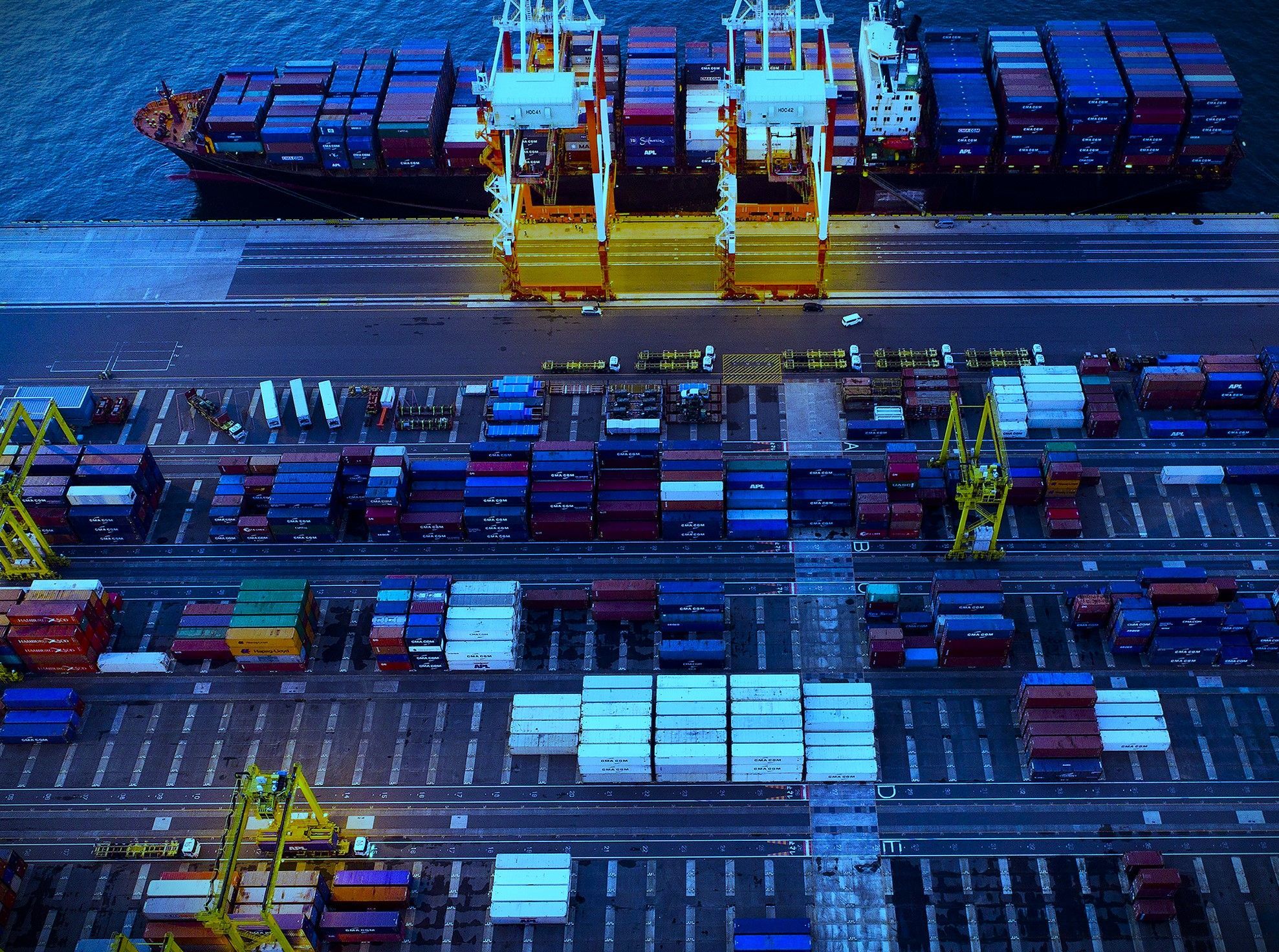
The U.S. State Department's Directorate of Defense Trade Controls (DDTC) reached a $6.6 million settlement last week with California-based electronics testing company Keysight Technologies, Inc. for alleged illegal exports of software and technology. The consent agreement published on August 9, 2021, states that the company exported its signal generation software to over 15 countries, including China and Russia, totaling 24 instances of alleged violations of the International Traffic in Arms Regulations (ITAR) (22 C.F.R. §§ 120-130) between 2015 and 2018.
The specific software at issue is Keysight's Multi Emitter Scenario Generation (MESG) software, which is capable of generating multiple signals needed to test radar equipment by simulating electronic warfare threat scenarios. According to DDTC's charging letter, Keysight believed its MESG software was not subject to the ITAR, but was instead only minimally controlled for anti-terrorism reasons under the Export Administration Regulations (EAR) (15 C.F.R. §§ 730-774). Crucially, Keysight continued to export the MESG after its export classification was questioned by DDTC and after Keysight filed a commodity jurisdiction request to determine whether the software was in fact ITAR-controlled.
What are the implications of this penalty with respect to your company? We offer these three key takeaways to help you avoid potentially significant consequences.
1) Know Your Export Classification
The proper classification of your item for export is essential in determining license requirements. Most commodities, software, and technology in the U.S. are subject to the EAR or ITAR. Commercial items are generally subject to the EAR and may not require a license for export to many countries. However, "defense articles" are subject to the ITAR and require authorization from DDTC prior to the export. Commercial items may become subject to the ITAR if they are modified for a military application.
Before you begin selling internationally, we recommend that your company undertake a careful review of the export classification of your products and services and the applicable export compliance requirements to ensure that you are compliant.
2) Proceed Prudently While Classification Is Pending
The Keysight case began in November 2017 when DDTC alerted the company of its misclassification concerns and requested that the company submit a formal commodity jurisdiction request to determine whether the MESG is subject to ITAR. Keysight nevertheless continued to export its products under the previous EAR classification while its commodity jurisdiction request was pending with the agency.
The lesson here is that DDTC will hold the company accountable for exports prior to a formal jurisdiction determination, regardless of a company's good-faith belief that its exports are not subject to the ITAR. Companies are best advised not to continue business as usual while a commodity jurisdiction or classification request is pending, especially when the U.S. Government has questioned the export jurisdiction. The same is true if you aren't sure whether your item for export has been properly classified. The best practice is to err on the side of caution by either obtaining a formal jurisdiction or classification determination before you export or exporting under the more restrictive export classification while a jurisdiction or classification request is pending.
3) Cooperate with the Regulatory Agency
The U.S. Government has broad authority to interpret and enforce its export control regulations. If an agency raises a concern that you might be misinterpreting its regulations, you should carefully consider any future actions that might be inconsistent with the agency's position. A company can challenge the agency's interpretation, but should do so in a manner that minimizes risk to both the company and U.S. national security.
In the event of a potential violation, we recommend fully investigating the issue and immediately addressing any compliance gaps with remedial measures. Remedial measures and cooperation with the agency can offset penalties for a potential violation. DDTC strongly encourages voluntary disclosure of any potential violations and may consider the submission of a disclosure to be a mitigating factor when imposing a penalty.1 In its announcement of the settlement, the DDTC acknowledged that Keysight had cooperated with DDTC's review by submitting a disclosure and implementing remedial compliance measures, and that this cooperation was a notable mitigating factor. DDTC agreed to suspend $2.5 million of Keysight's penalty on the condition that Keysight allocates this amount toward its export compliance program.
In sum, companies should tread carefully when expanding their business to global markets. Before you start exporting, make sure you understand whether and how your products are controlled and what you need to do to be compliant with export control regulations.
For more insight into the ITAR or any other export-related matter, please contact Josephine Aiello LeBeau, Anne Seymour, Jahna Hartwig, Kara McDonough, or another member of Wilson Sonsini's national security team.
[1] The ITAR requires immediate notification to DDTC if there is a violation of the ITAR with respect to any “proscribed destination,” which includes China, Venezuela, and roughly 20 other countries that are currently subject to a U.S. or U.N. arms embargo or other sanctions. (22 C.F.R. §126.1(e)(2)).
Contributors
- Privacy Policy
- Terms of Use
- Accessibility


